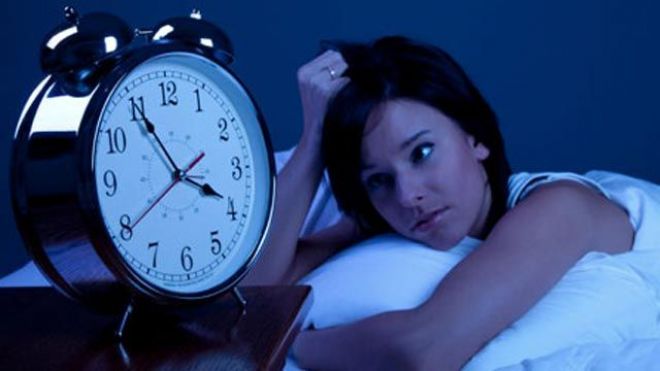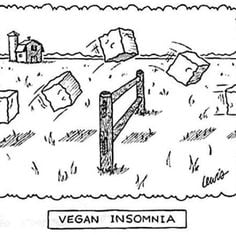We’ve all heard time and time again that sleep is important. But do you realize how important it is or why? Even though we know in the back of our minds that sleep is crucial, so many of us still put it on the back burner or squeeze it in when we can. According to the CDC, insufficient sleep is a public health epidemic, primarily because of the phenomenon of people nodding off while driving.
Think about that.
If people are having a hard time staying away to drive, how do you think that getting insufficient sleep is effecting your ability to reach your fitness goals, or even just stay in good health? Recent studies show that athletes who sleep less than 8 hours a night have are 1.7 times more likely to get injured.(1)
When you take on athletic endeavors, you put your body under a lot more stress than a sedentary person. The more physical activity you do, the more recovery both your nervous system and your muscles will need. People seem very hung up on pre and post workout nutrition (which IS important), but everyone is forgetting the elephant in the room: sleep!
It also goes without saying that when you are over tired, or under slept, your actual workouts will suffer tremendously. It’s hard to give anything your complete focus when you’re groggy, not to mention what this extra stress is doing to your hormone levels, immune system and your physique. [2]
So, if you’re putting in hours of work at the gym each week, and carefully watching each morsel that passes your lips, but you’re not focusing on sleep, you may be shooting yourself in the foot.
Sleeping Tips
- Make sleep a priority. Have a bedtime and stick to it! Give yourself 30 minutes to an hour to just relax and wind down before heading to bed. You can also try creating a night time ritual with tea, reading, or setting yourself up for the next day.
- Use your bed for sleep only. I know it’s tempting, but try not to watch tv in your bed, or work from your bed. You want your body and brain to understand fully that bed = sleep.
- Avoid caffeine or alcohol before bed.
- Don’t go to bed hungry if you can avoid it. Having something small like a tablespoon of peanut butter before bed will help keep away the grumblies while you’re trying to sleep.
- Make your bedroom a technology desert. Ok, you can have an alarm clock in there, but staring at your phone as your try to fall asleep actually keeps you awake.
- Make your room as dark as possible. If you can invest in blackout curtains, I highly recommend them. They are one of the best purchases I have ever made and I wish I had done it years ago.
- “Brain Dump” into a journal. If you’re like myself and your mind runs a mile a minute the second your head hits the pillow, try writing out a to-do list for your next day. If you have a lot on your mind, spent part of your winding down time jotting down your thoughts into a journal. Get it out of your head so that you can get some quality rest.
- Don’t stress about not falling asleep! Have you ever played the clock game, where you calculate exactly how much time you can sleep if you fall asleep this minute? Don’t do that. Just tell yourself that you’re falling asleep, and close your eyes and rest. If you can relax into a peaceful state of just resting, eventually, you will fall asleep.
- Naps are your friend! As you become a more seasoned athlete, you will need more sleep, and naps are a great way to get that sleep in and function at your highest level. Try and keep naps to one a day, and an hour or less, and not too close to bedtime, or it may interfere with your sleep at night. Many people like to take naps before their training or right after it.
- Stick to a sleep schedule. There will inevitably be times where your sleep will be thrown off–that’s life. But as often as you can, try to wake up and fall asleep at the same time each day, which will be unique to you.
[1] Milewski, M.D, et. al., (2014 March) Chronic lack of sleep is associated with increased sports injuries in adolescent athletes. Retrieved here.
[2] AlDabal, L. (2011) Metabolic, Endocrine, and Immune Consequences of Sleep Deprivation. Retrieved here.


